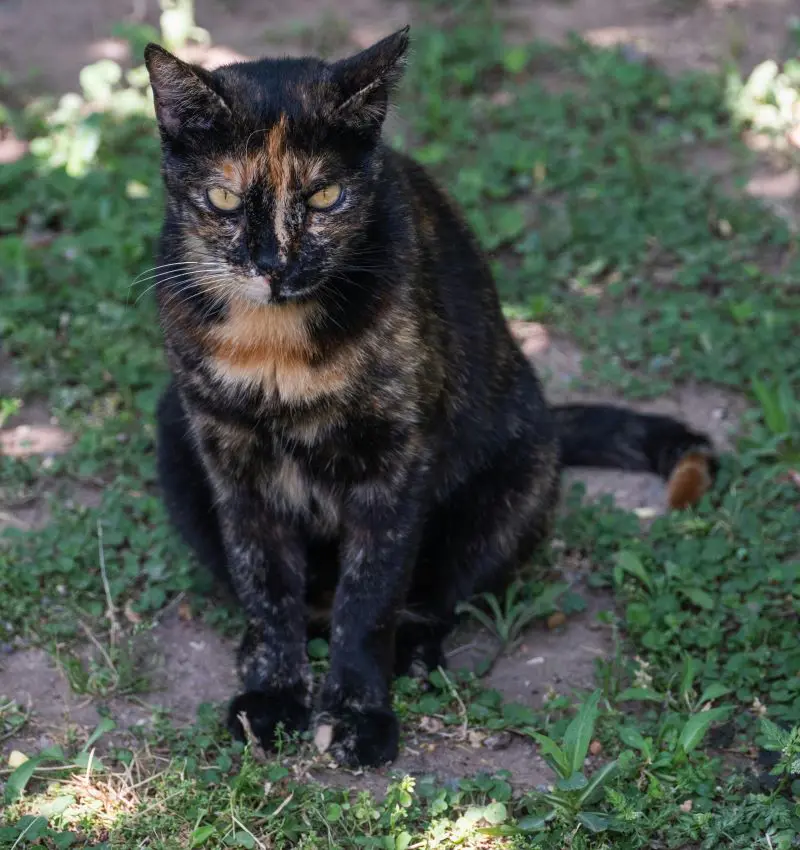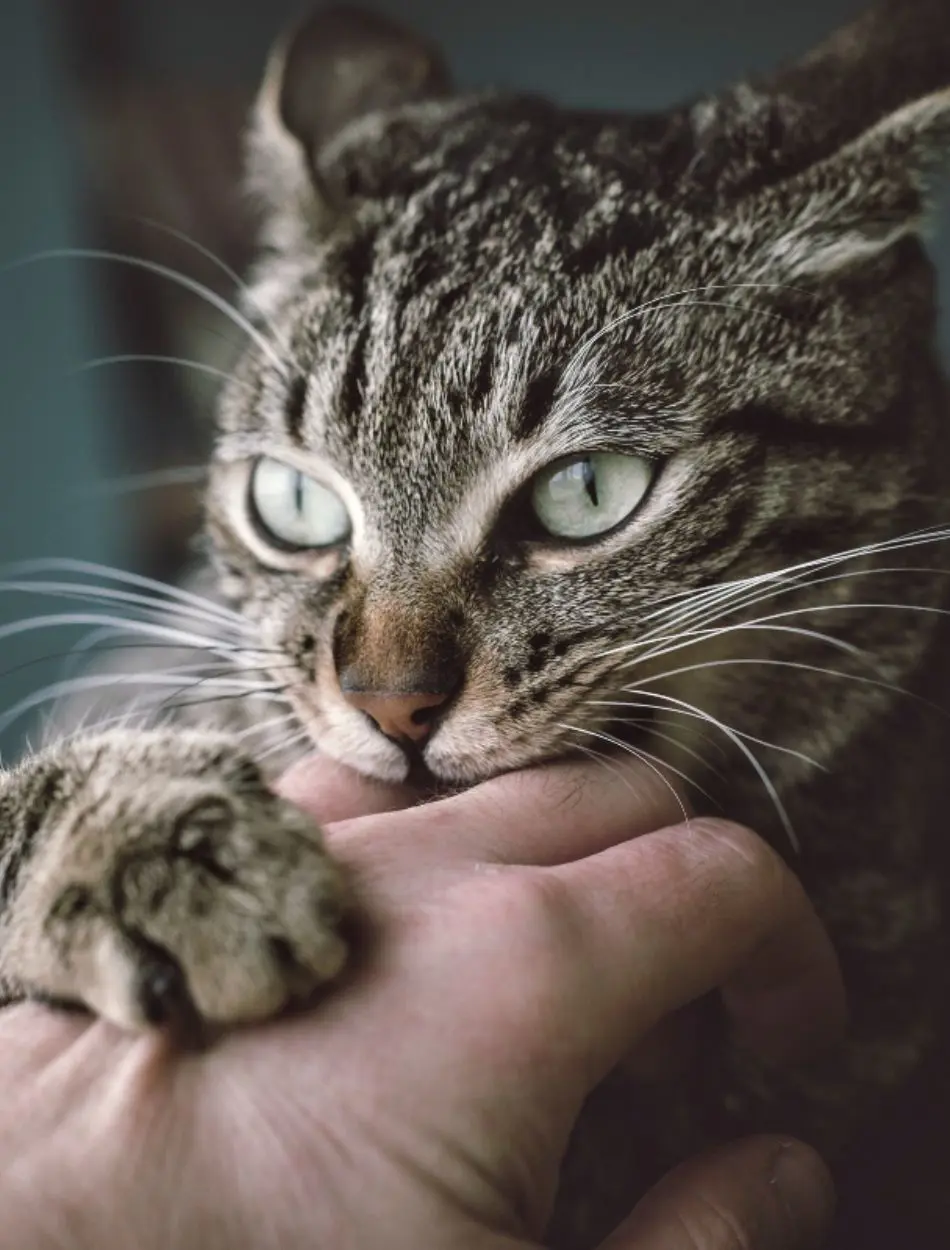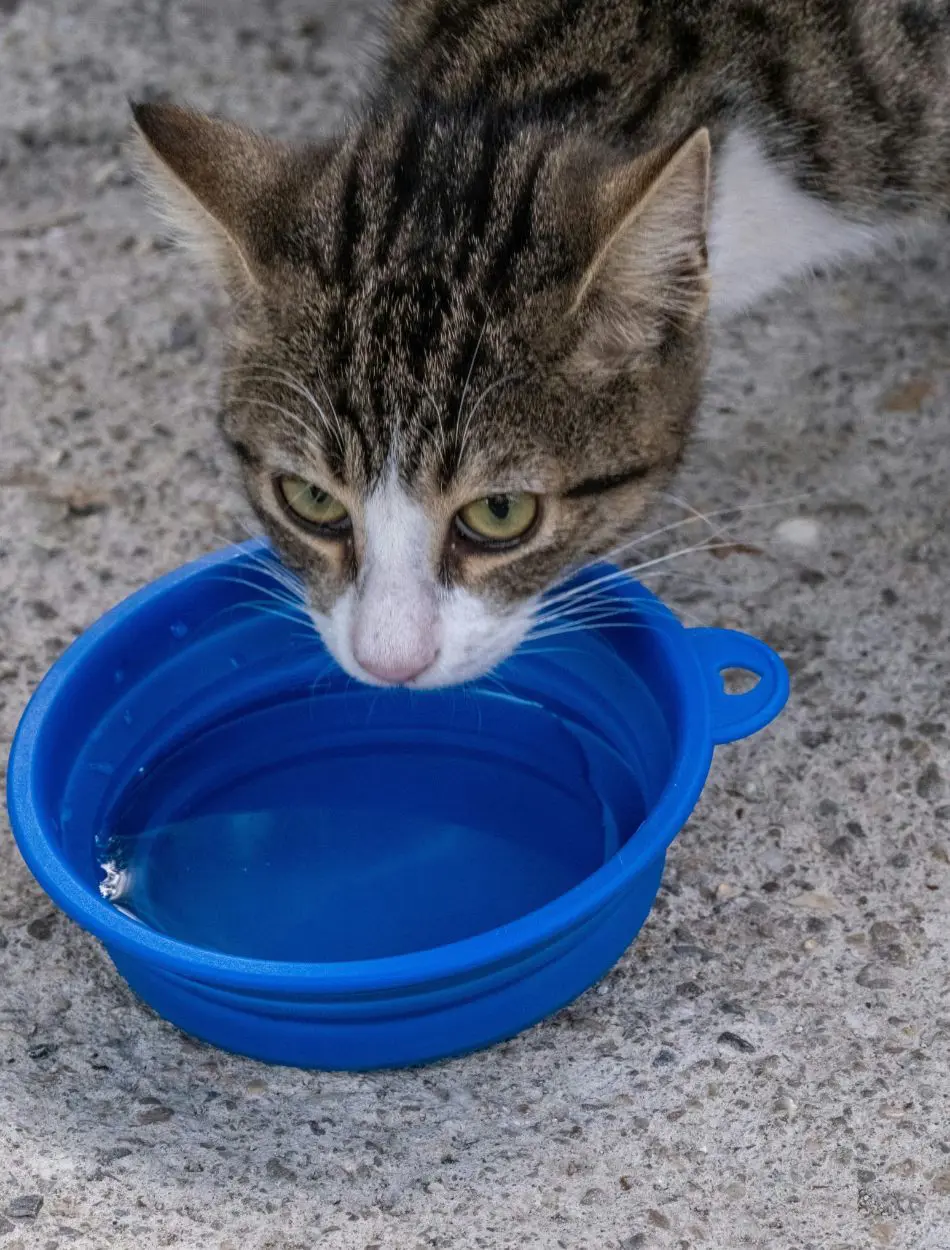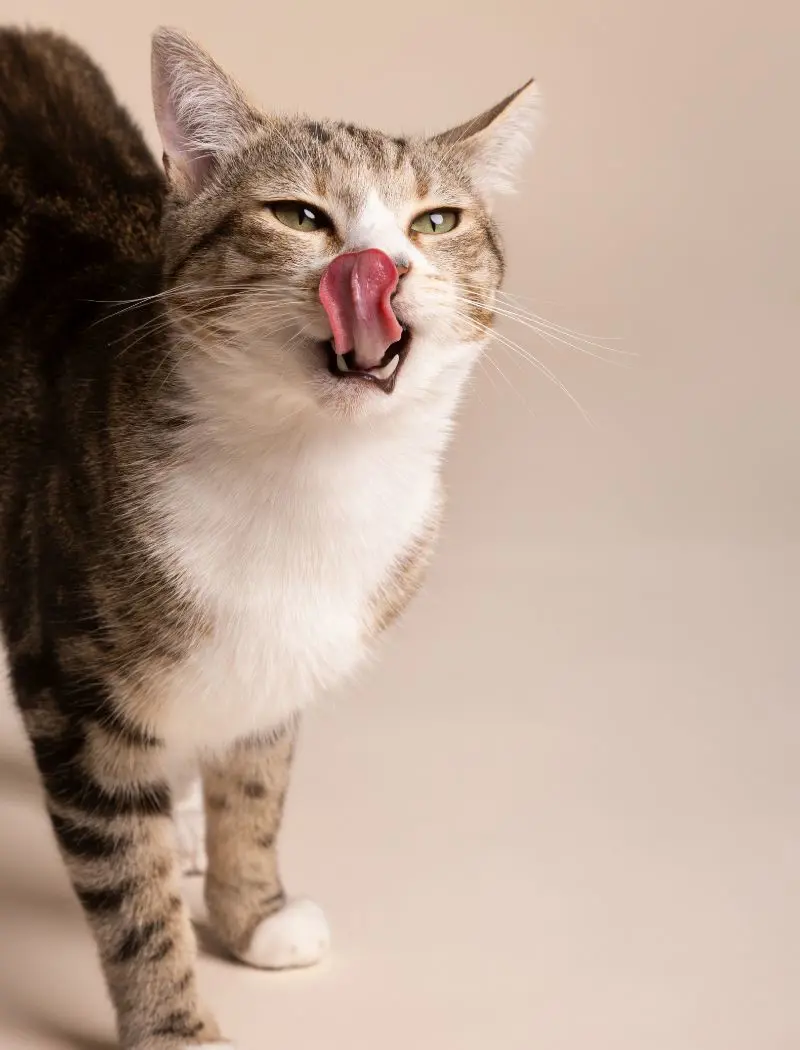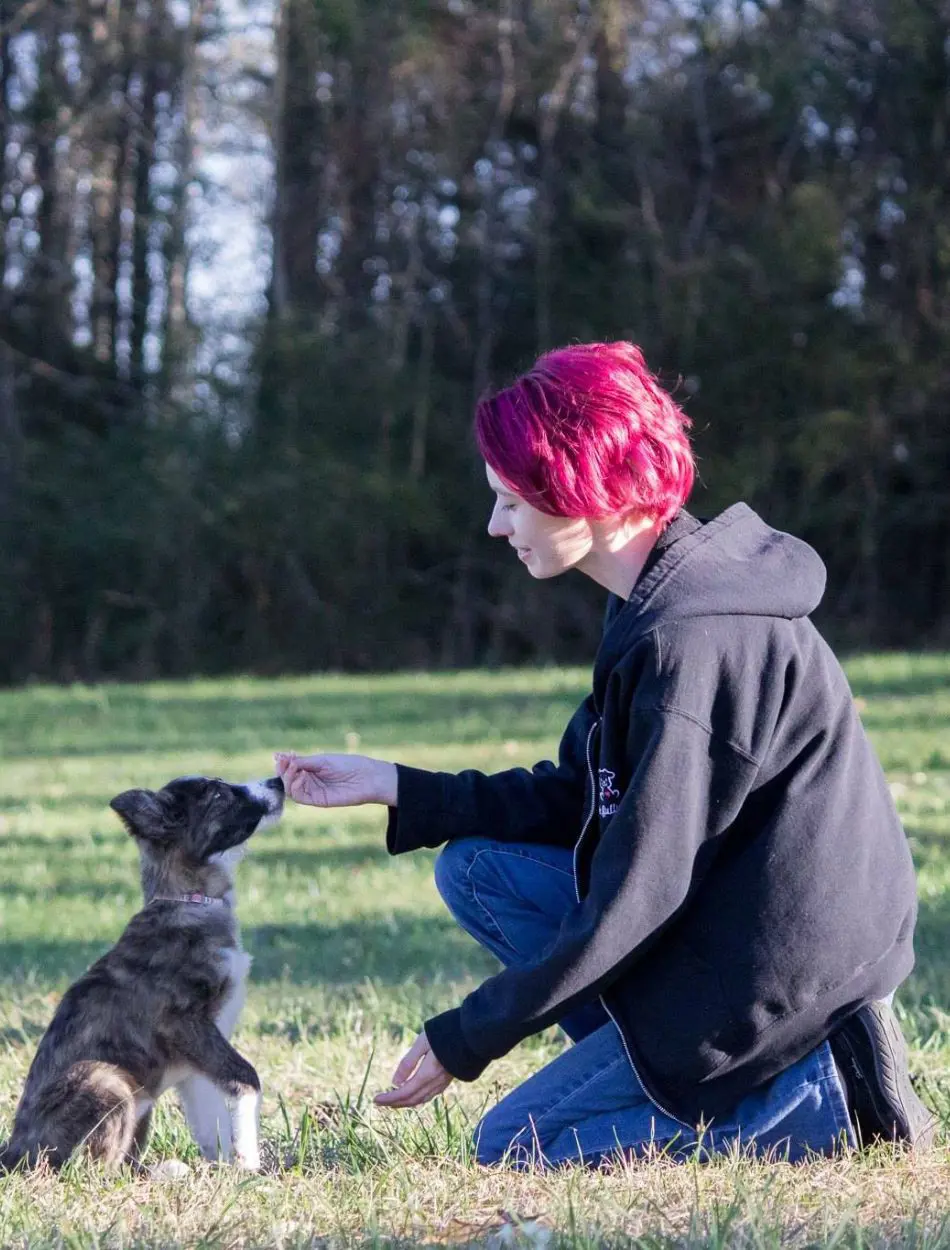18 Reasons Why Your Cat Nose Is Dry
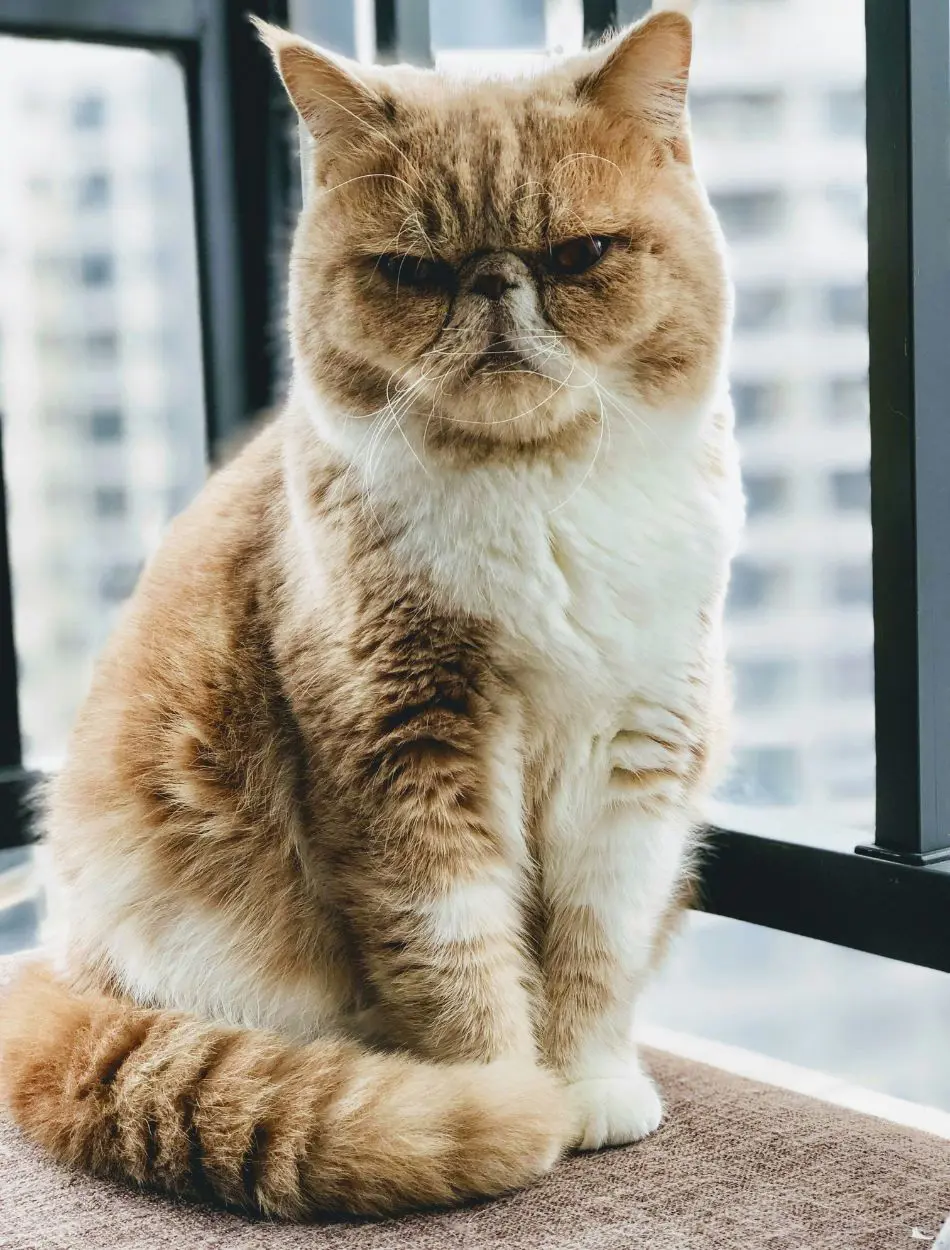
The nose is a very vital part of a cat's health and provides information about whether or not a cat is well or ill. Many pet owners believe that if a cat possesses a dry nose, then it must be ill.
But that is not the case, it may include the environment in which the cat lives, its hydration, sometimes routine matters, and sometimes some underlying health issues.
This article will consider 18 reasons why your cat may have a dry nose, and what it says about your cat's health.
1. Normal Variation In Nose Moisture
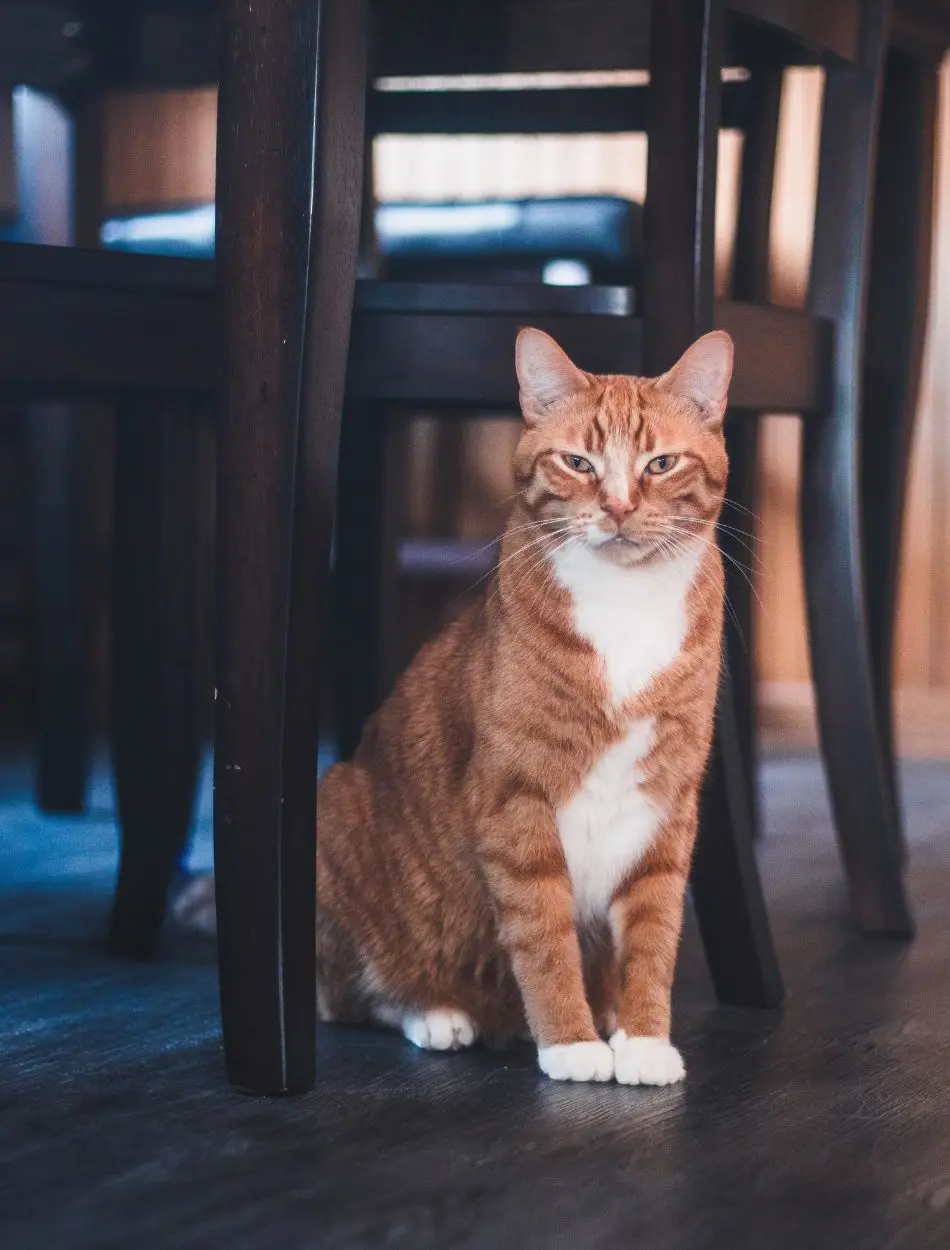
A cat's nose can usually experience the full range of moisture during any given part of the day. The internal temperature may fall and cause dryness in the nose of your cat, though that does not indicate a sign of some health problems.
Some cats have drier noses, while the level of their dryness can change during the day according to what they are into. Whereas many of the views persist that a cat should at all times have a wet nose, it is not so. It does not provide proof of illness, if their nose is dry this can be considered normal.
This type of transient wetness around the noses of cats changes during the day with surroundings and schedule. The cat may wake from its sleep in a very warm position, or even in a sunny position and these should return to normal after some time.
2. Dehydration
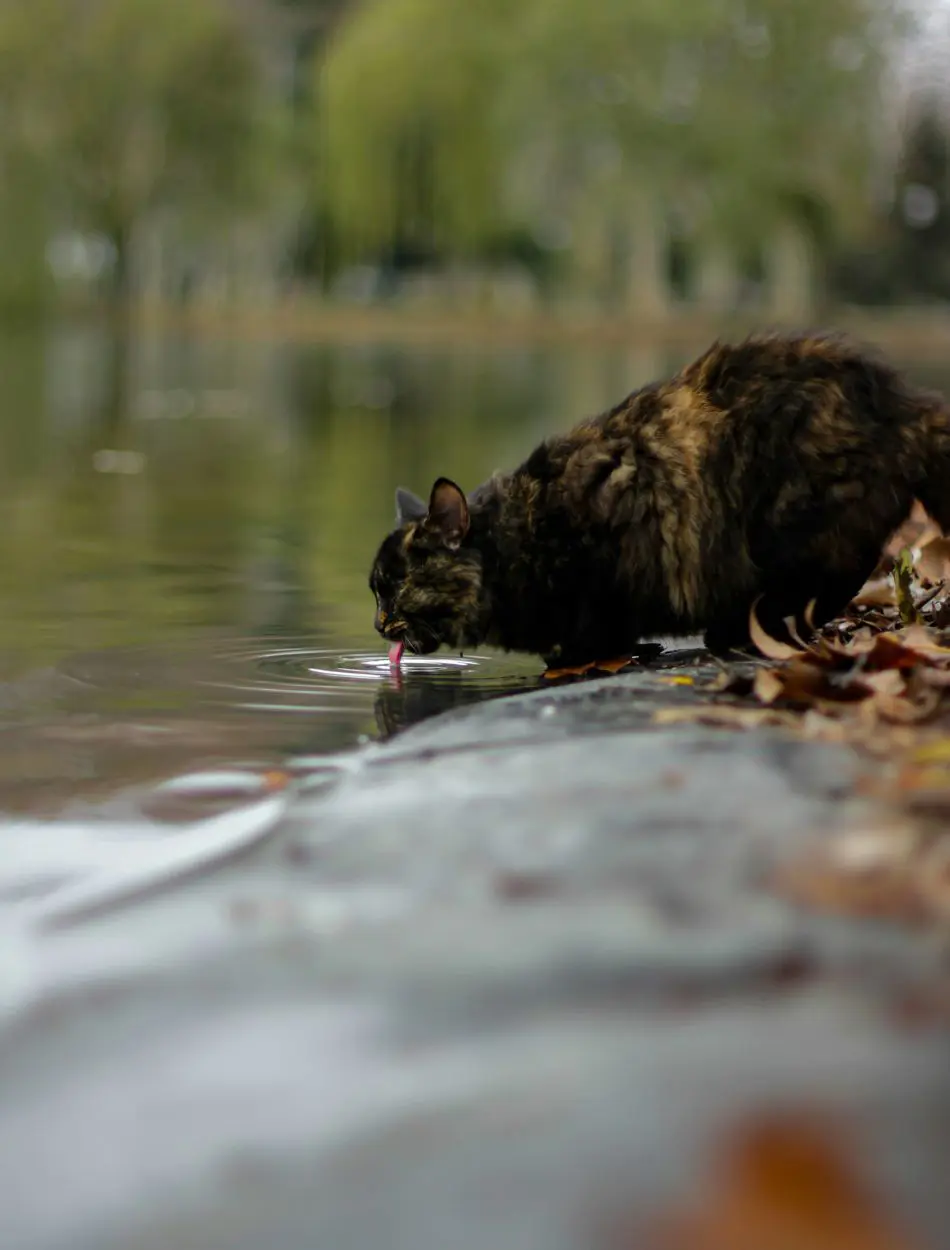
The most common causative factor in the dry nose in cats can be dehydration. Considering their natural nature, they do not have the habit of drinking much water, and this is even more so in conditions where most of their diet happens to consist of dry food.
In dehydration cases, the body will retain moisture for more vital functions and can make the nose dry, which may include a dry nose with sunken eyes, dry gums, and lethargy.
To encourage cats to drink more water, you can consider changing the water every day, and changing their diet to wet food that contains more moisture than kibble. Proper hydration is very important as it helps keep the nose moist along with avoiding further complications because of dehydration.
3. Vitamin Deficiency
A dry nose in cats results from the deficiency of some essential vitamins, especially vitamin A. This vitamin is important for skin health, and its deficiency may cause dryness in the nose and the skin, which is highly important for the unbalanced diets of cats.
To avoid this, make sure that your cat gets all its vitamins and nutrients through a recommended diet or supplement by a vet. A balanced and healthy diet may be the way to go to keep your cat's skin moist and healthy given his nose and chin area.
4. Too Much Exposure To The Sun
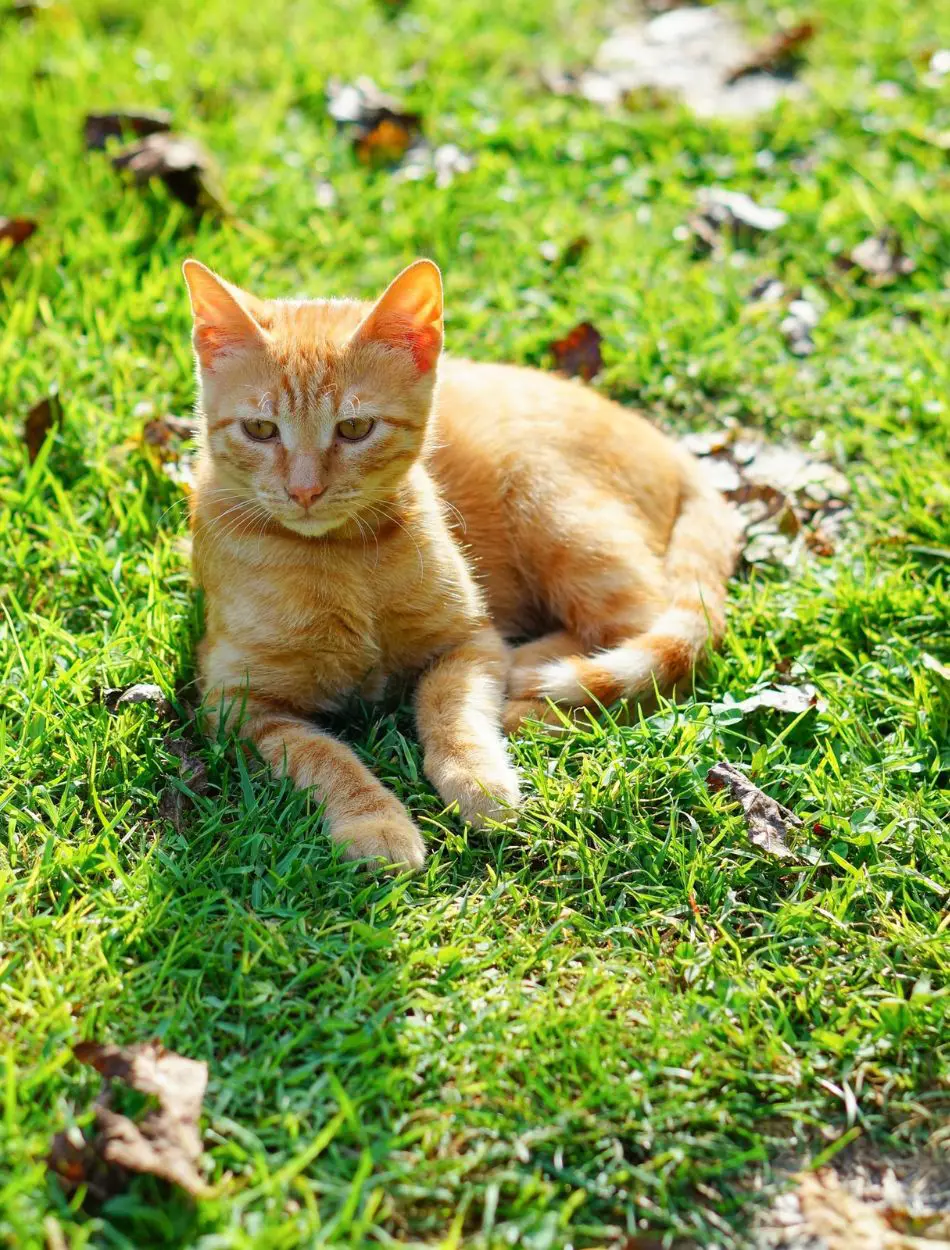
Cats enjoy lounging in the sun, but too much sun causes drying to their noses and even sunburn and it is most likely to occur when they are light-colored or have thin fur. With such more extended periods in the sun's ultraviolet rays, their noses would finally dry out and even flake or crack.
Protect your cat by allowing them less time in the direct sun to make sure they can retreat into the shade. You may wish to consult your vet about using some feline-friendly sunscreen to protect those sensitive areas so your cat can enjoy spending time basking in the sun and preventing sun burn.
5. Sleeping In Warm Areas
Dry noses might be because of where the cats sleep in warm and snuggly places. Sleeping next to heaters or radiators, even sun-drenched windows, the heat emanating in that small, enclosed area itself serves to dry up their noses.
This is quite normal, and generally speaking, there is nothing really to be concerned about. Once your cat wakes up and goes about doing its active thing, then it all just simply goes back to normal.
If you find that your cat's nose is always dry right after she has slept, just make a note of whether she is sleeping, and leaving some cooler lying areas open will help neutralize her environment so that her nose does not get too dried out.
6. Age
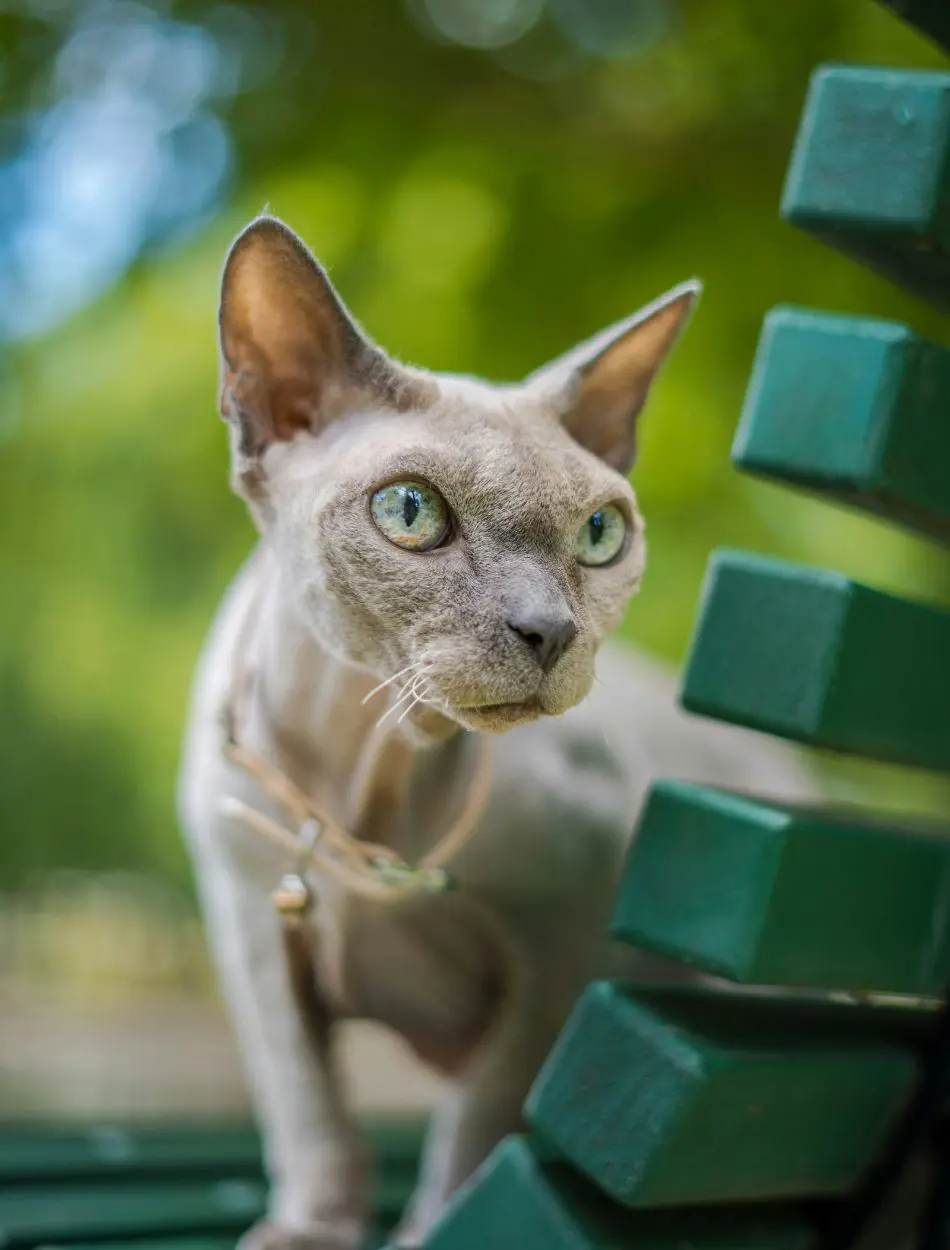
All these changes may vary quite a bit in aging cats and may encompass a slow drying of the pores of the skin and nose, leading to drier nostrils than when it turned younger. It can be due to decreasing the elasticity of the pores and skin and its ability to preserve moisture
However, if you notice that an aging cat with a dry nose starts to change in weight and temperature of its body, then it is important to seek professional advice from a vet. Regular check-ups and assisting with the cat's behavior and activity are important to diagnose the condition, including dehydration and other underlying issues.
7. Illness Or Fever
A dry, hot nose can be a symptom of illness or fever, as the body sometimes borrows some moisture from less vital parts and shifts it to more vital organs as a method of fighting the disease. But if your cat's nose is dry and he or she appears lethargic, vomiting, or showing diarrhea, you must act.
Of course, those would let one know fairly well that your cat is fighting off some kind of sickness. One good way to know whether your cat does have a fever is by taking its temperature. If it's high, or if any of the above symptoms worsen, you need to bring your cat to the veterinarian.
The sooner your cat is treated for whatever underlying sickness it may have, the less likely it is to worsen, and the sooner your cat's nose will return to being normally moist.
8. Allergies
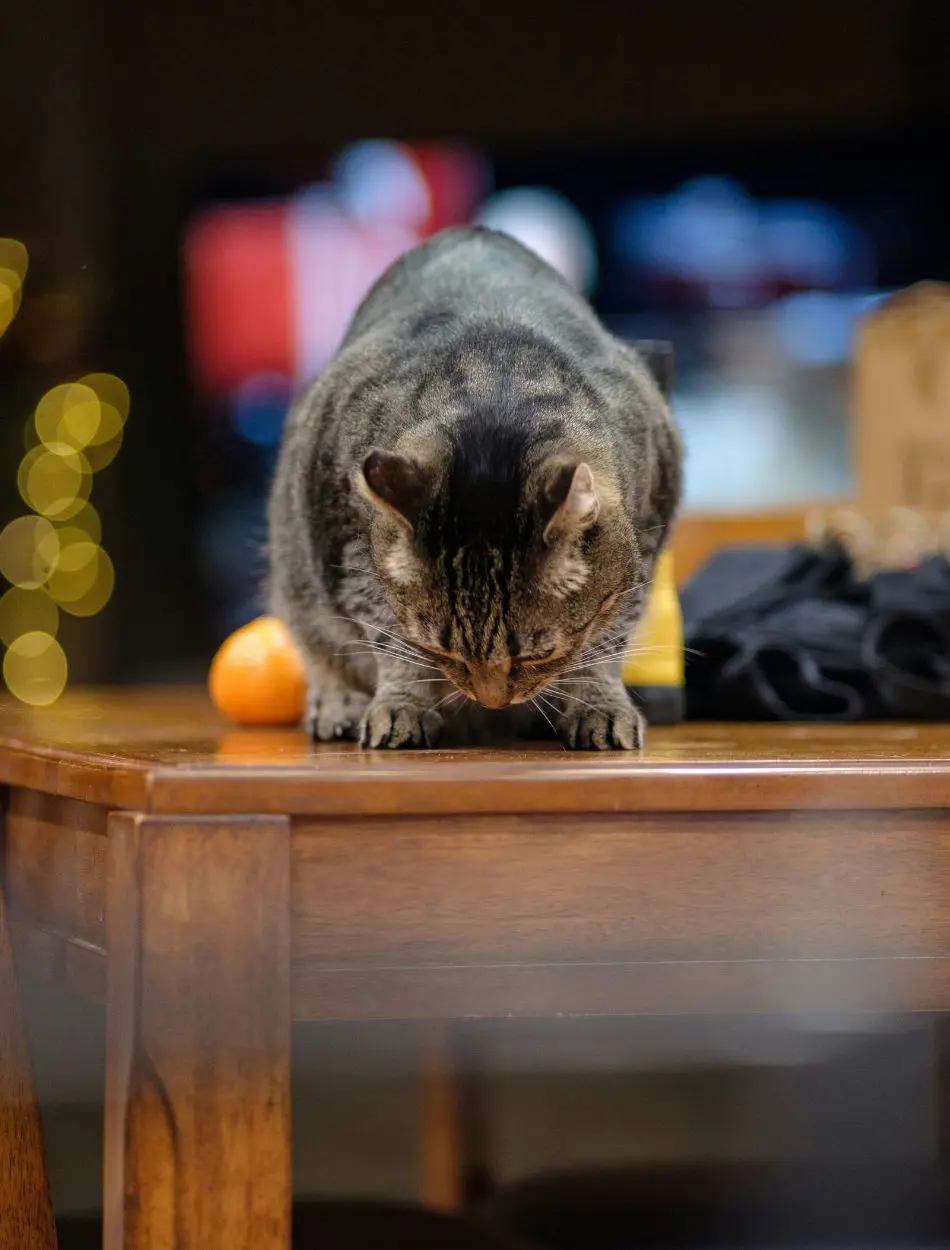
Allergies exhibited in cats are dry noses as symptoms and most of the common allergens are dust, mold, pollen, or even sometimes from cleaning products which the respiratory system of your cat reacts to. These can easily be found by sneezing, watery eyes, or itching.
The most likely pattern would be a dry nose and this may as well be taken as some type of early warning of an allergic reaction. In these types of cases, veterinarians can provide information regarding allergies and how to reduce the amount of allergens your cat comes into contact with.
In addition to hypoallergenic products, they should subdue symptoms and allow a cat's nose to remain wet. Wetting of the nose, among other things, will be improved as treatment for the underlying allergy takes place, raising their comfort level.
9. Respiration Related Infections
A dry nose can sometimes mean that your cat is suffering from a respiratory infection. It may be accompanied by sneezing, coughing, and nasal discharge along with a dry, warm nose. These infections can precipitate nasal congestion, which mediates a balance in moisture in your cat's nose.
So, if you feel a dry nose is chronic with your cat and also comes along with several signs, it could be indicative that your cat is ill. This will allow the veterinarian to treat the respiratory infections with speed.
Respiratory infections can go bad quickly in cats. The vet may treat your cat using either antibiotics or antivirals to support them recuperating. He will also be hydrated and cared for on his road to recovery and will also restore the nostrils to their normal level of moisture.
10. Kidney Disease
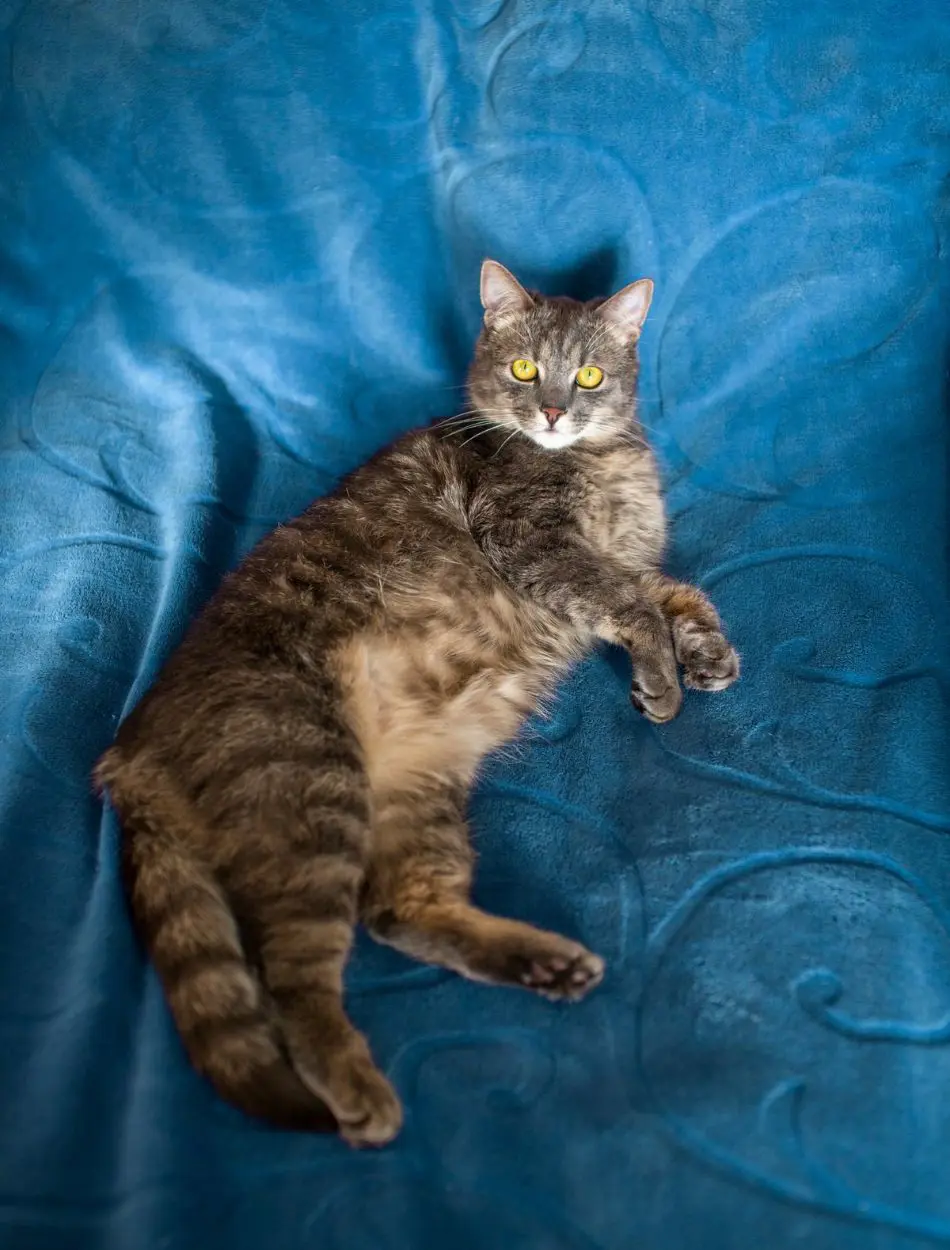
One of the most common conditions in older cats is kidney disease, which can cause dehydration and subsequently lead to dry noses. Symptoms to follow include drooling and a runny nose and as the kidneys begin to shut down due to aging, cats can become dehydrated even though they normally consume a normal amount of water.
Eventually, that dehydration will cause your cat's skin and mouth to dry out as usual as time goes on. Kidney disease is often diagnosed after excessive thirst, weight loss, or water changes.
Regular visits to your veterinarian can help with an early diagnosis and may lead to a special preventative diet or medication that will keep your cat hydrated and help alleviate some of the dryness of the nose area.
11. Dry Air Due To Air Conditioning Or Heating
Air conditioning and heating systems can both pull moisture from your home and dry out the nose of your cat, reducing humidity levels that may affect your cat's skin and nose. The longer your cat has remained in the room where either an air conditioner or a heater has been on, the more it would be expected to stay dried out.
Using the humidifier in the room will counteract the dry air within the rooms she spends most of her time in and keep the moisture better. Similarly, keeping your cat hydrated and in shaded or cooler areas will again cause less dryness brought on by the air.
Yet this small amendment makes all the difference to comfort and keeping your cat comfortable, as well as maintaining moisture inside their nose.
12. Wind Exposure
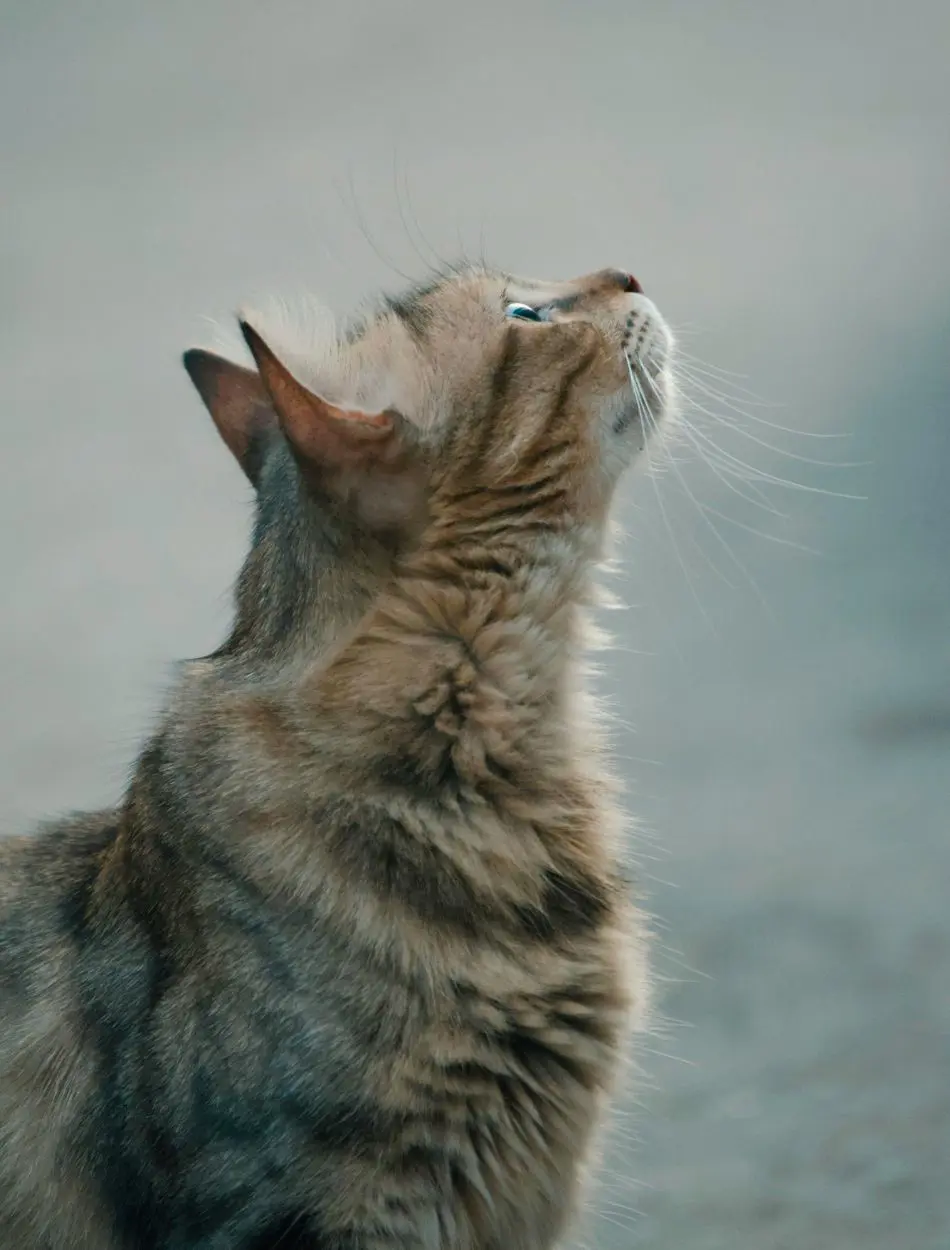
Cats that spend a lot of time outdoors can have their noses dry due to exposure to the wind. The surface of the nose can become dry in the wind, especially if they are in a humid environment for long periods. This is common in cats who like to roam in open spaces or enjoy sitting by open windows in the breeze.
To protect your horse’s nose, limit time spent outside in the wind and provide a safe indoor place to retreat from harsh situations. It is also important to check their gums regularly for signs of cracking or severe dryness.
13. Skin Diseases
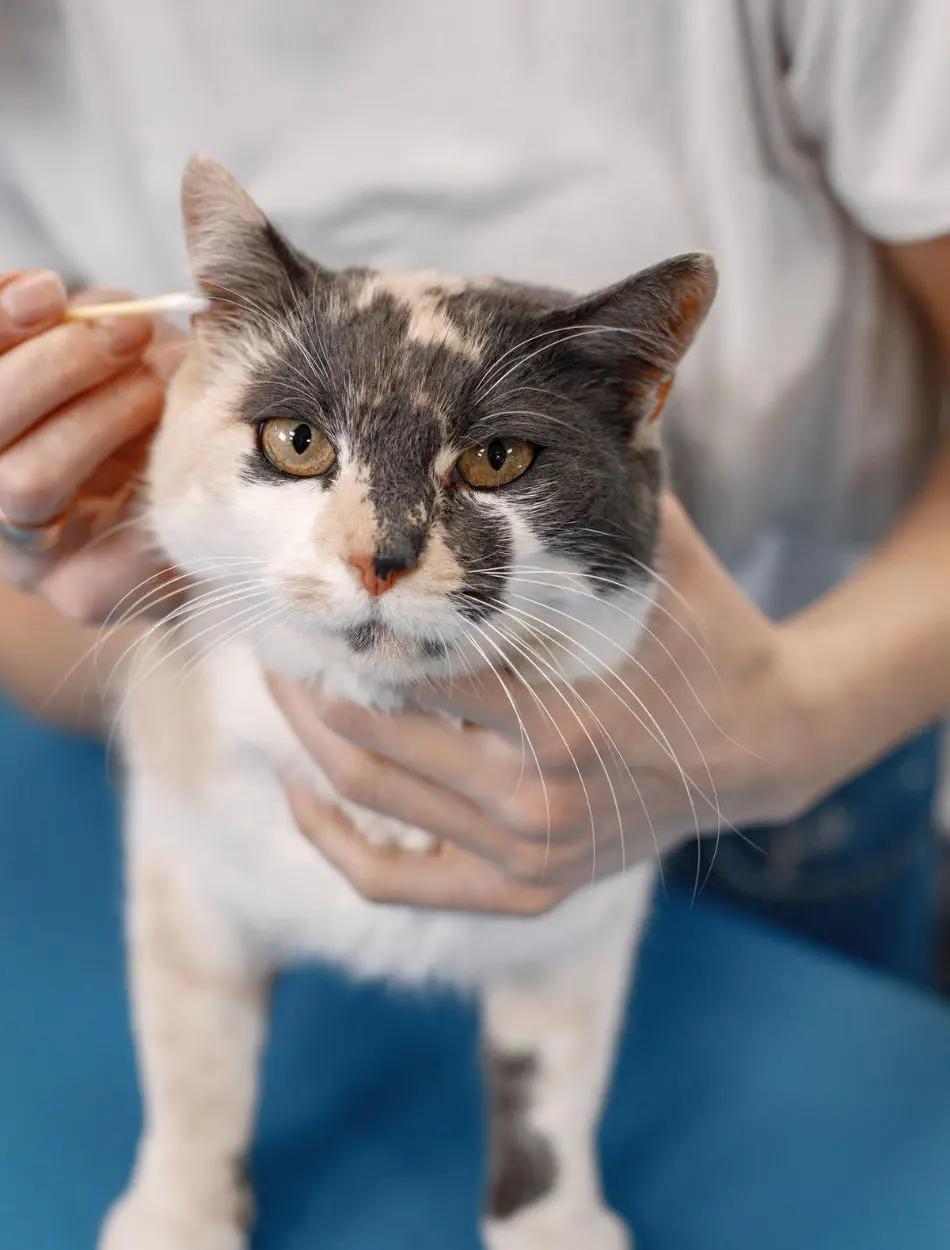
These include contact dermatitis, psoriasis, and fungal infections, which can result in dryness of your cat's nose. With these conditions, the skin around the nose will become involved and irritated, starting to flake and get even drier.
Fungi infections, including ringworms, may be other contributing factors toward irritation or dryness of your cat's nose because excessive licking or scratching a place where there is an infection might further spread an infection.
In this case, you need to see your veterinarian for a proper diagnosis and course of treatment that may point to skin conditions that can cure such symptoms and retain moisture in your cat's skin and nose. Early treatment of the skin condition will prevent worsening, and hence your cat can stay in comfort.
14. Stress Or Anxiety
Many factors are responsible for stress or anxiety in felines, and even a change of surroundings of your cat may cause a dry nose as a result of the physical effects of stress. Their bodies may be acting differently from feline stress, affecting hydration levels, which may lead to drying of the nose.
Related symptoms may include a new house, the inclusion of some new animal in your house, or alterations in their daily schedule. It prepares your cat for some concealed signs including a dry nose.
Identification and removal of a source of stress to your cat may, therefore, be the aid it needs to keep the problem under control. Ensuring a calm and predictable environment, providing security using several hiding possibilities and a consistent good daily routine will help with the calming down anxiety of your animal.
15. Food Allergies
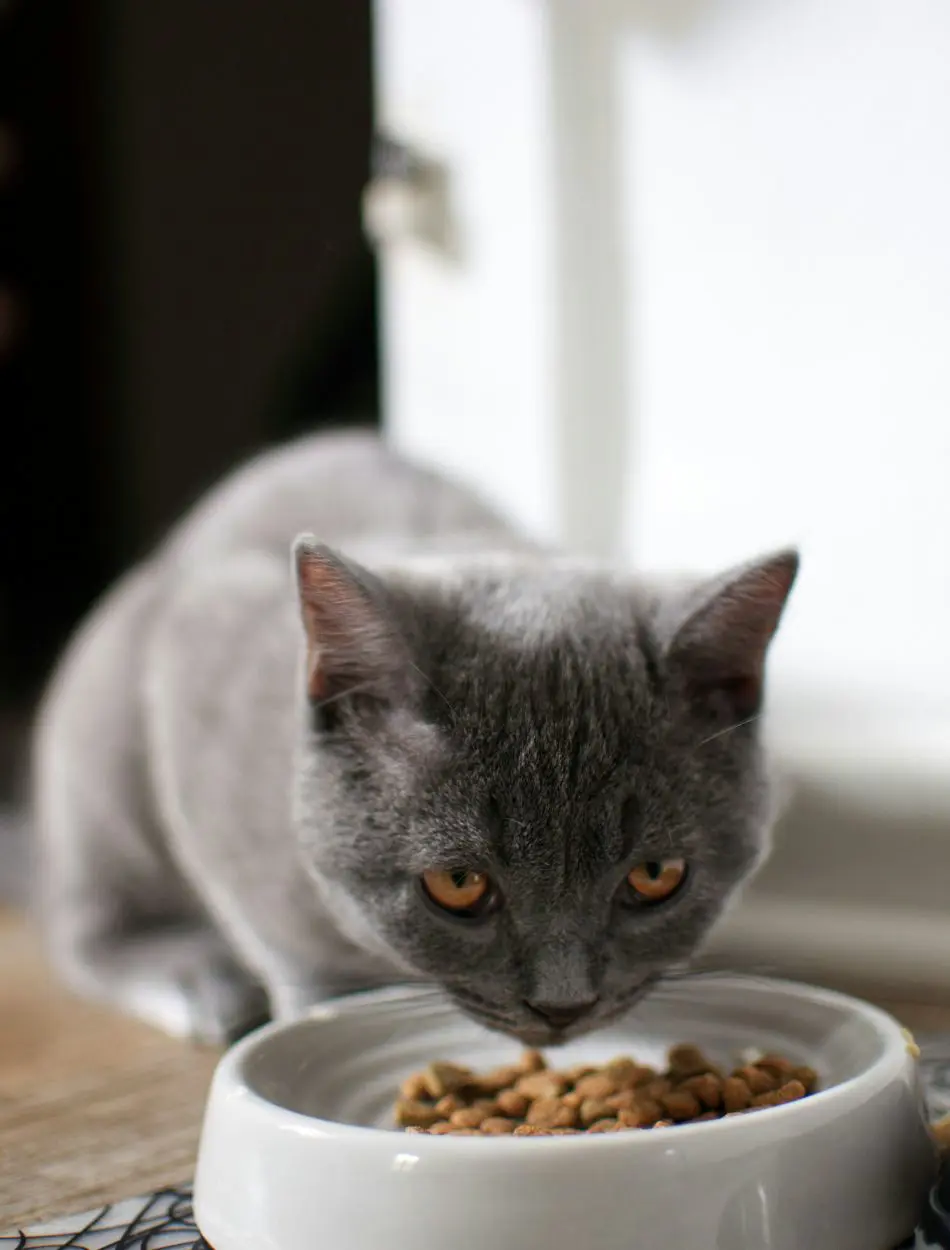
It is one of the primary culprits in causing dry noses in cats due to the allergic reaction. Some cats can be sensitive to ingredients such as grains or certain proteins and skin issues that can manifest in a dry, flaky nose. If your feline is suffering from a dry nose and is also itching, vomiting, or suffering diarrhea, a food allergy may be the problem.
If a food allergy is suspected, try hypoallergenic cat food or consult your vet regarding your diet. The elimination diet will therefore help determine what particular allergen your cat is responding to.
Once this allergen is taken out of your cat's diet, symptoms like dry nose, start to go away. Feeding your cat the right way, an allergy-free diet helps keep moisture in his nose amongst many other things.
16. Medication
Medication used to combat infection may dehydrate the moisture content in the body. If your pet has started its medication recently and you feel that the nose is getting drier, it could be caused by the medication it is on. This is mostly temporary and will go away when the medication is stopped.
If your cat's nose is continually dry or if she is showing other disturbing signs and symptoms, you may want to discuss this with your vet. They can adjust the dosage or maybe prescribe different medications that don't usually exhibit this as an after-effect.
You should also monitor your cat to know whether all of them cause more dryness than usual. Whenever they are feeling uncomfortable and ill, do something to prevent it from getting worse.
17. Poor Grooming
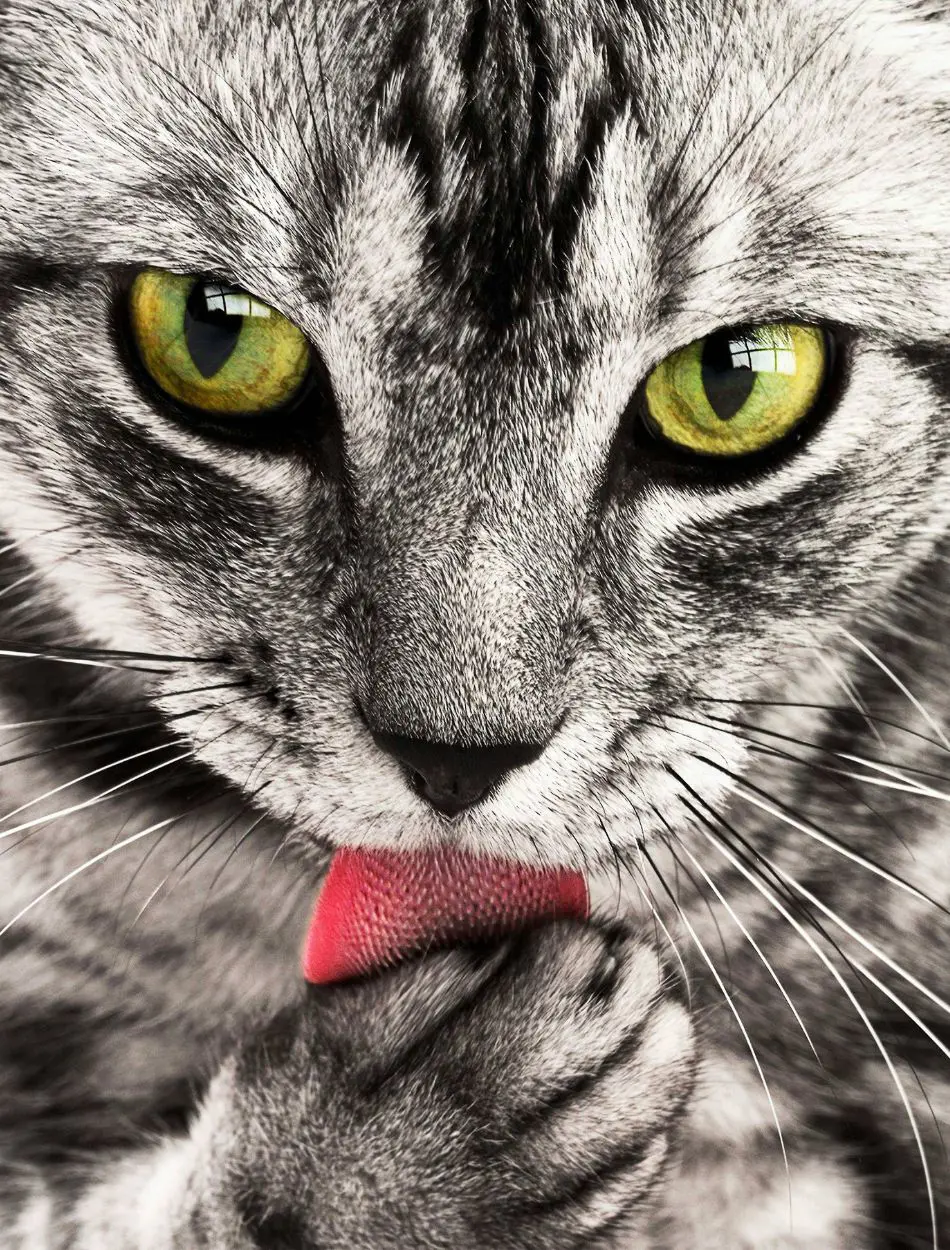
Cats are wired to be fastidious groomers which helps to keep their noses wet. But if a cat, for whatever reason, is injured, or maybe just too old unable or simply couldn't be bothered to groom, their noses would tend to dry out. Grooming distributes the natural oils of skin and fur, removing dryness on the nose and other parts of the animal's body.
If your cat isn't grooming, then it is important to find out what may be going on with the cat. You can pay extra attention to grooming your aged cat or those with particular mobility problems. This includes frequent brushing of the nose and frequent wiping with a wet piece of cloth to keep the skin moist and the nose moist.
18. Hypothyroidism
Hypothyroidism rarely occurs in cats and it may be associated with dry skin and a dry nose. It is an illness or disease wherein the thyroid gland produces too little hormone, which over time eventually slows down metabolism and moisture inside the body of the cat.
A cat that has hypothyroidism may show signs such as lethargy, gaining weight, dullness of fur, and dry nose. The medications your veterinarian will be able to provide can replace the hormones within your cat.
After months of regular treatment and check-ups, your cat's thyroid levels finally even out completely and put them in a healthy state. With proper care, the wet nose of your cat will turn back to normal once the hormone levels within start to regulate themselves.
Recent posts
Cats
Blood In Cat Stool: Beware of These Causes
Noticing blood in your cat’s stool is a sight no pet owner wants to bear witness to. While seeing your cat excrete blood is hard enough already, this symptom could indicate something much more devastating. Take a look at some of the issues and ...
Cat Tail Language And Its Meaning
Cats with their fiercely independent yet charming personalities, tend to leave us in suspense regarding what may truly be on their minds. While the eyes, ears, and much of body language often give some hint, the tail is one of the clearest indicators...
How Cat Love Bites Happen And Its Respond
You may wonder about the various activities of your cats, among which you may wonder about their biting you, mainly while you are petting them. You may wonder how bites happen and how to deal with them. As the term suggests, it is known as kibble and...
Why Is My Cat Not Drinking Water
Cats are notoriously finicky when it comes to water consumption, and it's natural to worry if your canine companion isn't drinking as much as you expect. From environmental preference to a simple behavioral quirk, many factors can contribute to the c...
Why Is My Cat Nose Wet?
If you have a pet cat, you might have noticed their wet nose and wondered why my cat's nose is wet. Does a cat's wet nose signify something or is it very normal? these questions might have popped up in your head at least once. It is normal for ...
18 Reasons Why Your Cat Is Snoring
While it may seem cute or amusing, snoring in cats can also be an indication of several underlying health problems that pet owners need to know about. Some light snoring is typical for certain cats, however steady or noisy wheezing could demonstrate ...
